Being a collector of video games has always been a mixed bag for most people. With that, the actual value of a person’s collector regardless of how big or small has (and probably will always be) subjective. Normally, the older you are, the better the chance you have an extensive collection. That could be due to your income as you got older or having kept your video games since childhood. With the passage of time, the games we hold onto start to become dearer to us, making them valuable in terms of financial value, but invaluable because of their sentimental value. But how is the true value of our aging games determined? Let’s discuss it.
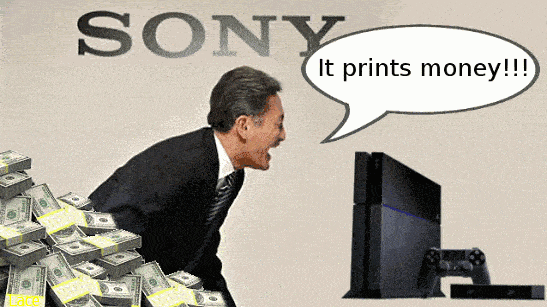
Financial value:
This is the one that comes to mind for many people when the idea of a collection comes about whether it be games, comics, cards, toys, sneakers, etc. Everyone wants to know how much they can potentially get for their goods should they ever decide to part with them. The old phrase is “the market price is what one is willing to pay”. Well, the problem with that is the other end of the spectrum. How much is it worth for a person to part with said item? A good example of this is Cannon Spike for the now-defunct Sega Dreamcast. Currently, you can find the game for as low as $150 USD to as high as $490 USD. If you’re someone looking to turn a good profit, it’s hard to imagine a person wanting to sell Cannon Spike anywhere close to the low end of the spectrum when the high end of it is more than 3 times as much. And if that copy of Cannon Spike is complete (as in having everything it was originally sold with at MSRP), then that sale is without a doubt going to command a price closer to the high end of the spectrum.
The flip side of this is if you’re the buyer, it’s not like you have to deal with that one seller that’s hard to get a deal out of. When you look at Amazon, Gametz, eBay, etc., there are always people trying to sell off their goods with varying degrees of prices. The downside, the quality of the product possibly varies too. For example, they may be someone selling that Cannon Spike for less, but the booklet is missing, or the disc is scratched and only plays half the time. So as a result, the financial value will always fluctuate. And the worst part, Cannon Spike isn’t even anywhere close to being the worst case. Go look up 10-yard fight for the original NES. Or how about Suikoden 2 for the PlayStation 1? How about Rule of Rose for the PlayStation 2? Then there’s the added issue of remakes and remasters. Sometimes when an old game is redone in either of these ways, the original (sometimes) loses some value. A good example of this would be Shin Megami Tensei: Nocturne for the PlayStation 2. That was a high-priced game until the HD remaster was released.
Some of us kept our games through the years for so long that even if the financial value might be great, it’s just hard to let them go. This brings us to the second aspect of what determines value, sentiment.
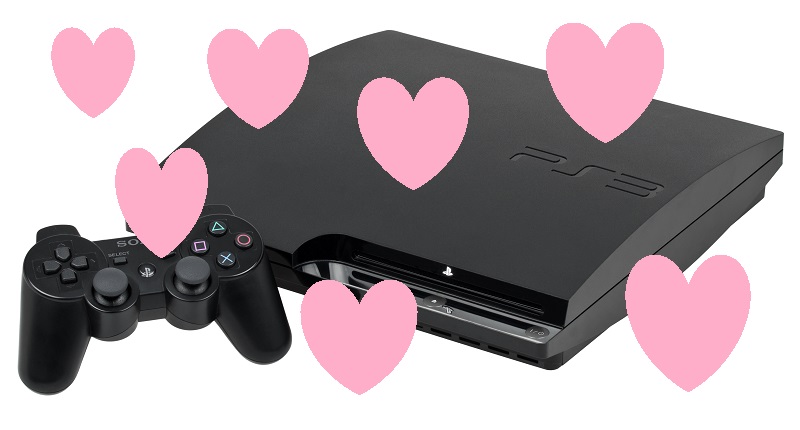
Sentimental value:
This is one that everyone understands even at a very young age. Most people have had at least that one thing that holds a special place in their hearts and/or soul. To those on the outside, it may be crap and 100% garbage. But to you, it’s that one thing that can’t be replaced in any way or form. This is how some game collectors (myself included) feel about the games we’ve amassed over time. I myself have the aforementioned Cannon Spike, Suikoden 2, Elemental Gearbolt, and a host of other older games of high value that I couldn’t even dream of parting with. I’m sure I’m not alone in that situation. They can be sitting on your shelf or in a box, knowing you’ll never even play them again. But you’ll be damned if you let it go.
And when you add the fact that these games go out of print when the original device they’re made for stops being produced, it makes it that much more desirable to keep them. And sometimes, it feels good as a collector to say “yeah, I have that rare or hard-to-find game in my collection”. For me personally, the sentimental value is greater than the financial value because it’s personal and can’t be quantified. In truth, the sentimental value is becoming even more important over time because of how the industry is moving which makes this next sense of value even more notable.
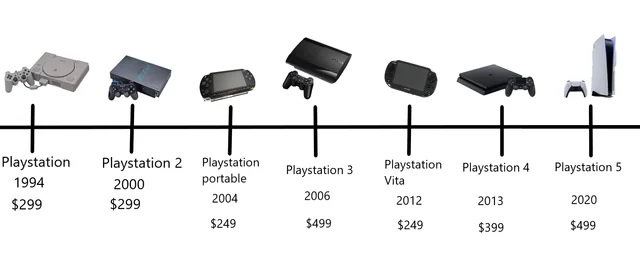
Historical value:
The historical value of games is becoming more important now than it has at any point in gaming history. As of now, companies are actively trying to veer customers away from physical ownership. To be fair, we have seen the early stages of this during the PS3/ Xbox 360 era. But now, the situation seems to be in overdrive. You have companies trying to sell the market on the idea that it’s better to subscribe to a cheap service where you have no control over actually having some control over the product(s) you buy. Even worse, when you see some collector or special editions of games they give you a false sense of ownership. There are two things they’ve done in recent years. One is they’ll sell the collector edition. And instead of giving you a game disc with it, they’ll give you a game code instead. The second thing they do now is they’ll give you a disc, but the disc is actually an installer with no actual game data on it. These two situations are meant to give the consumer the impression that “it’s not worth buying physically”. These are some of the practices that we as consumers need to actively fight against, but that’s a story for another article so we won’t go too far into that now.
When you keep in mind that games from prior older systems no longer are printed, having physical, tangible proof that they existed is going to become extremely important. Yes, we know the internet will always document it. But it’s not like you can “reach out and touch” the internet. Some of us could very well be holding onto items that can/will become a huge part of game industry lore in later years. Lastly, I want to touch on one final sense of value, digital value.
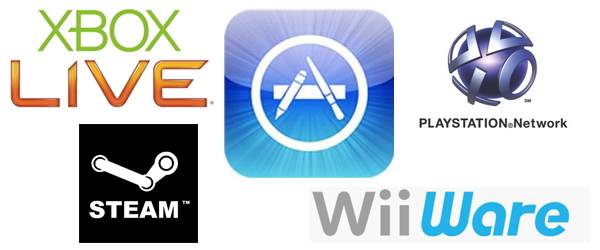
Digital value:
Ever since the rise of PSN, XBL, Steam, and other digital storefronts, customers have become tied to their gaming accounts. Whether it be for the many games and dlc that we accumulate over the years or gaming trophies earned, our accounts start to become near and dear to us. And the older they get, the more value they accrue. And added further to this is when games get delisted. If you happened to have purchased a game that’s no longer sold digitally, that just adds to the value because now you have something no longer available to other customers tied to your account. In a sense, this actually has aspects of both sentimental value and historical value. Sentimental because people feel tied to the accounts over time. And historical because many of us might have games or even movies on said accounts that are no longer for sale and may not even exist anymore.
The problem with digital value is the same issue I have when things go digital only in the first place. That on a whim, they can be taken away. For example. Studio Canal took movies away from people that purchased them on PSN because of a lost license. Another example is when EA took a Tetris game away from people that bought it on mobile. Don’t even get me started on Stadia. Digital value to me personally is the most volatile because we as the customers have the least control over how our value (or sense of it) is protected, if at all.
In closing, as with any sense of value, it’s all subjective. It varies by the beholder. It varies by keeper. It varies by market. And it varies by timeframe. How important the value of your games basically comes down to what you’re end goal for said games is.

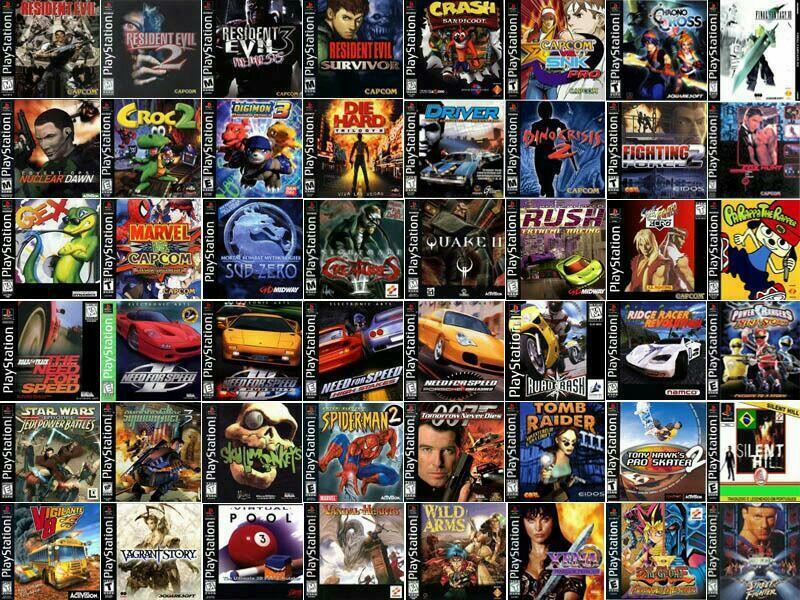


COMMENTS
For value, I go by what kind of enjoyment I can get out of it. If a game makes me want to keep it, then that is where I put value in it
When it comes to game value, I look at how rare and hard to find it is. Just like most things